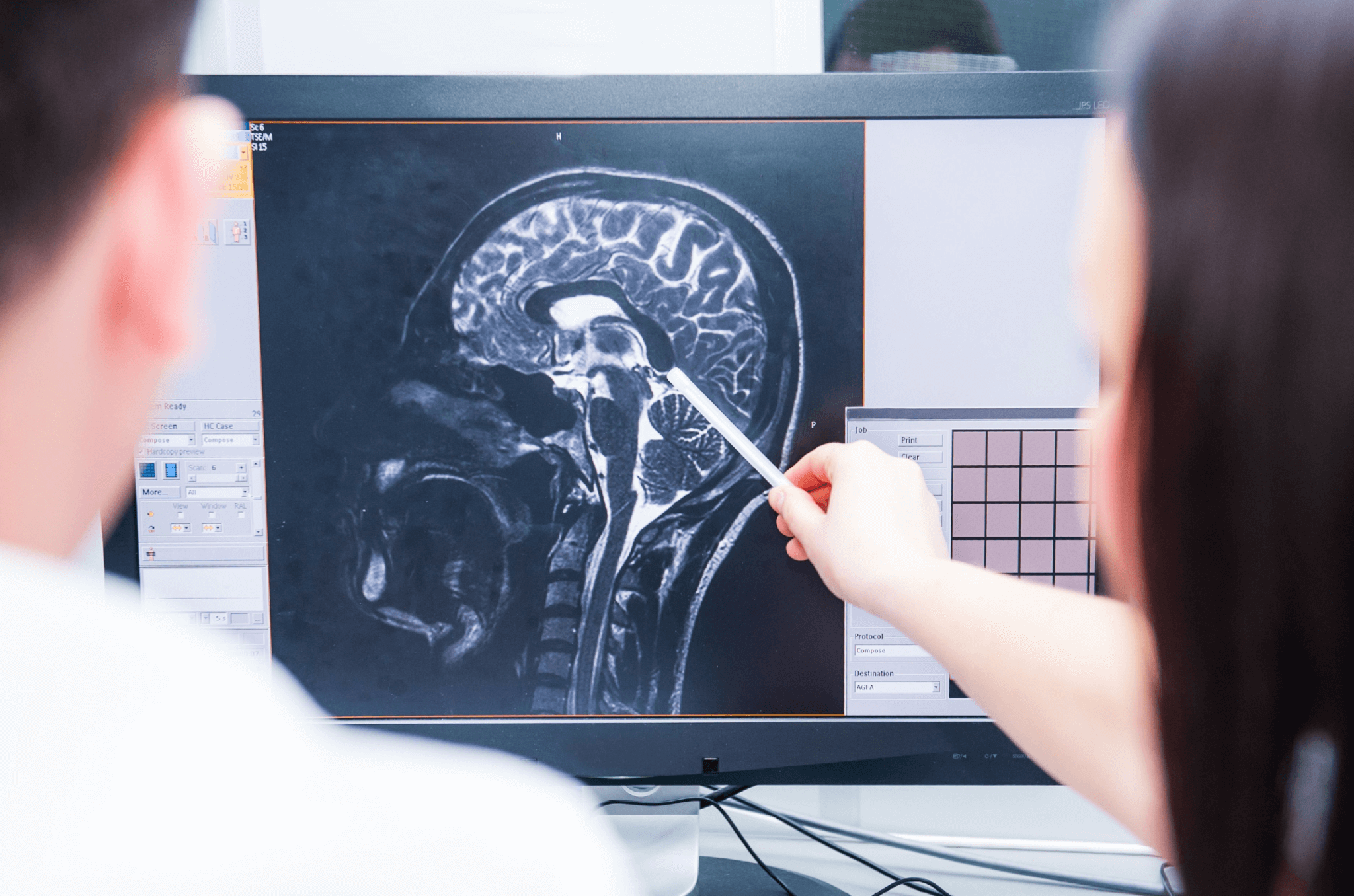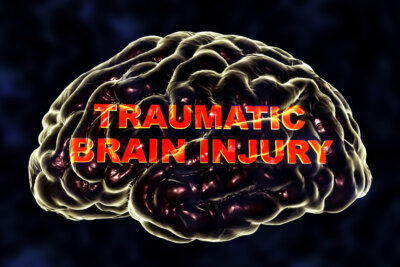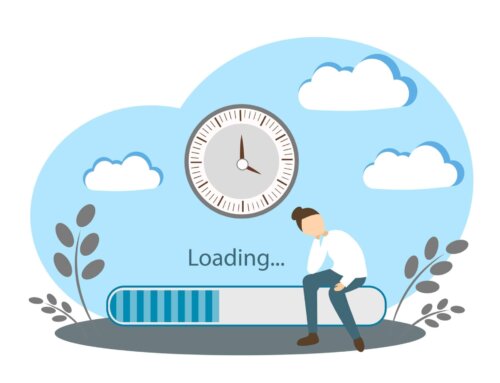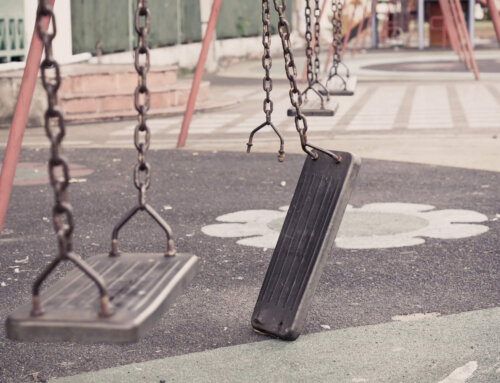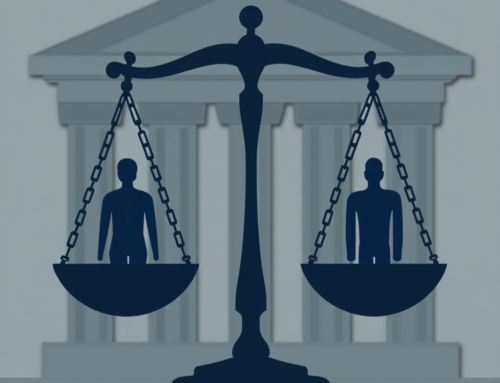Why do we bring personal injury compensation claims after suffering injury in accidents caused by someone else’s negligence? To put right, a wrong? Undoubtedly, yes, but we expect more, and the law of tort recognises this by affirming that we should be put back into the position we would have been in if the negligent act, i.e., the accident, had not happened.
With a serious injury claim, compensation alone will not always put an injured claimant back into the position they would have been in, but for the accident. In some catastrophic injury claims, the injured person can never be put back into their pre-accident situation, as they will never fully recover. As a result, they may need care for the rest of their lives.
Some accident victims who suffer traumatic brain injury (TBI) due to another person’s negligence find themselves in this position.
While many injury cases focus almost entirely on the value of the personal injury sustained as a means to an end, Traumatic Brain Injury claims differ. Of course, the value of compensation for pain, suffering and loss of amenity is still an essential part of a TBI claim. General damages for ‘moderately severe’ to ‘very severe’ TBIs are valued at between £219,070 to £403,990, according to the Judicial College Guidelines for the Assessment of General Damages in Personal Injury Cases, 16th Edition.
In the case of TBIs and other serious injury claims, there are many potential heads of damages, including case management costs, care costs, adaptations to the home and transport, medical and surgical treatment costs, and monetary losses.
However, the first thing an experienced Brain and Head Injury Solicitor will likely focus on after receiving instructions to act for someone with a TBI is to ensure traumatic brain injury rehabilitation is available to their client as soon as possible.
Rehabilitation following a traumatic brain injury
Here are things to know about rehabilitation after a brain injury:
- Rehabilitation in a TBI claim puts the individual’s recovery at the heart of a programme that addresses their needs regarding the physical and psychological therapy they require and sets out a framework for achieving meaningful recovery. This form of case management considers the needs of family members who often take on the role of informal carers of their loved ones. Broader issues like housing needs get addressed in the overall rehabilitation programme. Such programmes usually require the appointment of a Client Liaison Manager (CLM) to ensure the best chances of success.
- CLMs will conduct a needs assessment to look into the individual requirements. The duties of a CLM are wide-ranging and include helping to secure funding for therapy, treatment or other forms of rehabilitation, looking into any changes needed to the home environment, any adaptations, personalised equipment required, social care needs, possibilities for education or vocational retraining, vocational issues and helping applications for state benefits to assist the injured person.
- CLMs play a crucial role in guaranteeing the effective implementation of the Rehabilitation Code 2015, particularly in situations where the compensator may not fully cooperate. They are vital in establishing open communication channels and collaboration among all relevant stakeholders, including claimant representatives, compensators, and rehabilitation providers. CLMs actively interact with compensators, underscoring the significance of adhering to the code’s guidelines and ensuring optimal rehabilitation for the injured party.
- CLMs work closely with the solicitor handling the client’s TBI compensation claim. The information they gather during their assessments can be instrumental to the success of the TBI claims process.
- Brain injuries differ from injuries sustained in other parts of the body because damaged brain cells will not repair themselves. Through a process known as plasticity, the brain reorganises itself and produces new neural pathways so that undamaged areas of the brain take over from damaged parts.
- Brain injury rehabilitation helps the growth and development of new neural pathways, allowing the brain to develop a new way of operating, thus minimising the long-term effects of a brain injury.
- Rehabilitation is a long process because patients usually need to learn new ways of completing everyday routine tasks from scratch. So, the sooner rehab starts after the is medically stable, the greater the chances of recovery.
- Although, in general, there is a greater chance of recovery for someone with a milder form of traumatic brain injury, with regular exercise, patients with moderate or even severe traumatic brain injury may recover to greater or lesser degrees.
- The best chance of progress with rehabilitation usually occurs within the first six months to two years post-injury. However, medical studies have shown that in some cases, further improvement is made as late as five to ten years after injury.
- Brain injury rehabilitation is carried out in three settings: inpatient, for those patients not ready to return home after they have been discharged from hospital; outpatient, for those who have been able to return home straight from hospital; and community rehabilitation, which may be carried out in a residential living unit or at the patients home.
- Family members play an essential role in the rehabilitation process of their loved one and form part of the rehabilitation team. Other team members may include a nurse, case manager, clinical neuropsychologist, occupational therapist, speech and language therapist, physiotherapist, and social worker. The precise make-up of a rehab team will depend on the injured person’s particular needs.
- A programme of recovery may last for a matter of weeks, months or years. In the most severe cases, the requirement for treatment and rehabilitation will be lifelong.
Brain injury compensation claims following a road traffic accident, an accident at work or an accident in a public place are complex and involved. They should only be handled by highly experienced, specialist brain injury lawyers. At Mooneerams Solicitors, Angus Fergusson leads our serious injury team.
To discuss in confidence any aspects of starting a brain injury compensation claim, contact Mooneerams Solicitors on 029 2048 3615 and request to speak with Angus Fergusson.
Alternatively, complete an online form on our website, leaving your contact details for a call back from Angus. We usually handle brain injury claims on a No Win, No Fee basis.

